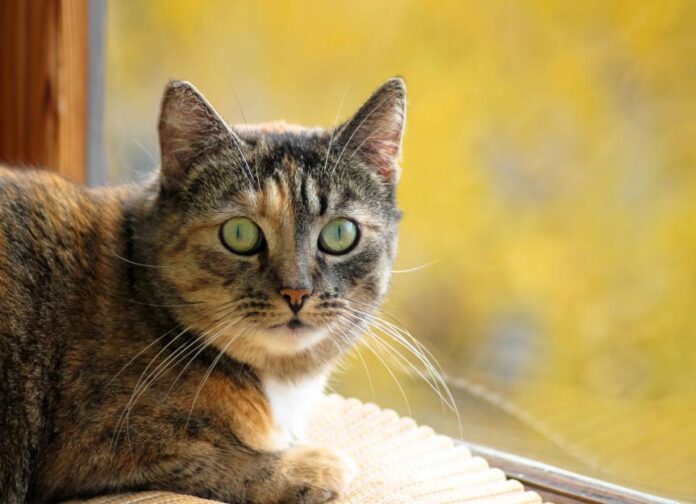How to Address Diarrhea in Cats: A Comprehensive Guide
Discovering diarrhea in your cat’s litter box can be alarming, especially when it comes with other symptoms. Understanding how to effectively respond is crucial for ensuring your pet’s well-being. This guide will provide you with insights on how to manage your cat’s diarrhea and when to seek veterinary care.
Recognizing Symptoms of Cat Diarrhea
Diarrhea in cats may present itself in various forms, and the accompanying symptoms can provide important clues. Some cats may exhibit diarrhea without other noticeable changes, while others could display additional signs of distress.
Here’s how to assess your cat’s condition:
- Check for lethargy, vomiting, or signs of pain.
- Monitor the frequency and consistency of the diarrhea.
- Look for blood or unusual coloration in the stool.
When to Contact a Veterinarian
Determining whether to seek professional medical help is an essential part of caring for your cat experiencing diarrhea. Here are key indicators that it may be time for a vet visit:
- Your cat is very young, very old, or has pre-existing health conditions.
- Your cat is vomiting, lethargic, or showing signs of depression or pain.
- The diarrhea is frequent, watery, explosive, or contains blood.
At-Home Remedies for Cat Diarrhea
If the diarrhea appears mild and your cat is their usual self, you might consider trying some home remedies to alleviate their discomfort. Here are some effective treatments:
1. Adjust Your Cat’s Diet
Instead of withholding food, simplify your cat’s diet to promote healing. Eliminate treats and stick to a nutritionally balanced cat food. If you suspect a recent diet change may be the cause, revert to previous food to see if symptoms improve. Speak with your veterinarian for suggestions on hypoallergenic options if necessary.
2. Increase Fiber Intake
Some cats benefit from a low-fiber (highly digestible) diet during episodes of diarrhea. Supplements such as psyllium or canned pumpkin may help bulk up stool consistency. Always ensure any dietary changes are guided by your vet.
3. Encourage Hydration
Diarrhea can lead to dehydration in cats, so encourage fluid intake by ensuring fresh drinking water is always available. Consider adding diluted broth options or switching to a wet food diet to enhance hydration.
4. Use Probiotics
Probiotic supplements can help restore a healthy balance of gut bacteria. Choose a product specifically formulated for cats to aid digestion effectively.
5. Administer Safe Medications
Avoid over-the-counter anti-diarrheal medications without vet supervision, as many can be harmful to felines. However, kaolin-pectin may be safe for use in specific situations; consult your vet first.
Monitoring Your Cat’s Condition
If your cat’s diarrhea does not resolve within 48 hours or if additional symptoms arise, it is crucial to contact your veterinarian for further evaluation.
Cat Diarrhea Treatment FAQs
Can You Give Cats Pepto Bismol®?
No! Pepto Bismol® is unsafe for cats due to its salicylate content, which can cause severe health complications.
What Can I Give Kittens for Diarrhea?
Kittens may require a different treatment approach. Probiotics and fiber supplements can assist in forming stools, but if diarrhea lasts over 24 hours, veterinary attention is necessary.
Will Yogurt Help a Cat with Diarrhea?
While yogurt can be beneficial for humans, it is not advisable for cats. It does not provide the necessary bacteria for feline digestion and may worsen upset stomach symptoms.
By understanding these remedies and when to seek help, you’ll be better equipped to ensure your cat gets back to good health quickly. Regular veterinary check-ups are vital for your cat’s overall health and wellbeing. Be vigilant and proactive in caring for your beloved feline friend.











